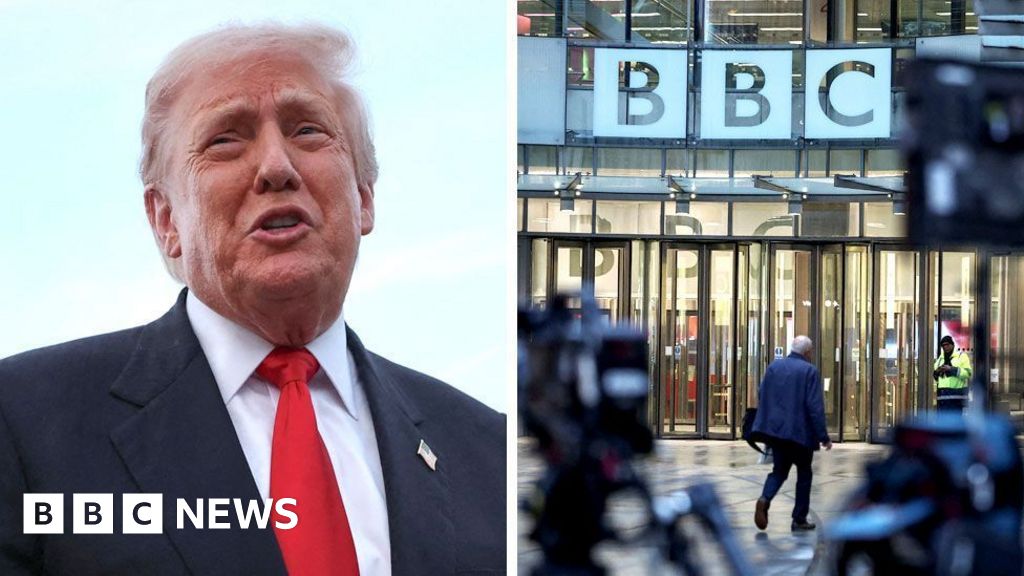Harvey Weinstein accuser Kaja Sokola is being sued in defamation claim. The plaintiff: Her sister
NEW YORK — Two sisters testified at Harvey Weinstein’s most recent criminal trial. Kaja Sokola accused the disgraced movie mogul of sexual assault. Ewa Sokola was called as a witness to boost her claims, but ultimately ended up helping the defense.
Now, Ewa Sokola is suing Kaja on claims of defamation, alleging in a lawsuit filed Tuesday in Manhattan federal court that the psychotherapist and ex-model’s public remarks amount to libel and are damaging Ewa’s reputation and business as a cardiologist in Poland.
Ewa Sokola says that her younger sister has made false statements subjecting her to public hatred, shame, contempt, ridicule, ostracism and disgrace in Wrocław, Poland. She seeks unspecified damages.
Messages seeking comment were left for Kaja Sokola’s lawyers and spokesperson on Thursday and Friday.
In a split verdict in June, Weinstein was convicted of forcibly performing oral sex on film and television production assistant and producer Miriam Haley and acquitted on a charge involving Kaja Sokola’s allegations of similar conduct. Both women said they were assaulted in 2006.
The judge declared a mistrial on the final charge, alleging Weinstein raped former actor Jessica Mann, after the jury foreperson declined to deliberate further.
Weinstein has not yet been sentenced as a judge weighs a defense request to throw out the verdict after two jurors told Weinstein’s lawyers that other jurors had bullied them into convicting him. Judge Curtis Farber is expected to rule on Jan. 8.
Kaja Sokola has said her sister’s testimony at Weinstein’s state court trial in New York earlier this year undermined her own testimony that he forced oral sex at a Manhattan hotel just before her 20th birthday.
Weinstein had arranged for Kaja Sokola to be an extra for a day in the film “The Nanny Diaries,” and separately agreed to meet her and Ewa. After they chatted, she testified, Weinstein told her he had a script to show her in his hotel room, and she went up with him. There, she said, Weinstein pushed her onto a bed and assaulted her.
After the trial, Kaja Sokola criticized her sister’s testimony, saying that though she was called as a prosecution witness, she ended up serving Weinstein’s cause by providing his lawyers with a journal in which she wrote about the men who had sexually assaulted her in her life but did not include Weinstein.
According to the lawsuit, Kaja Sokola repeatedly characterized her sister’s testimony as a personal “betrayal” and falsely accused her of omitting journals in which she described what happened with Weinstein.
The lawsuit also said Kaja Sokola had falsely accused Ewa Sokola of homicide, theft, falsification of medical records, sexual impropriety and immoral conduct, and of colluding with Weinstein’s defense team.
The lawsuit said Kaja Sokola’s false claims have cost Ewa Sokola referrals and led to a reduction in patients and employees for her medical practice while damaging her professional reputation and her standing within the medical community.
Sisak and Neumeister write for the Associated Press.





